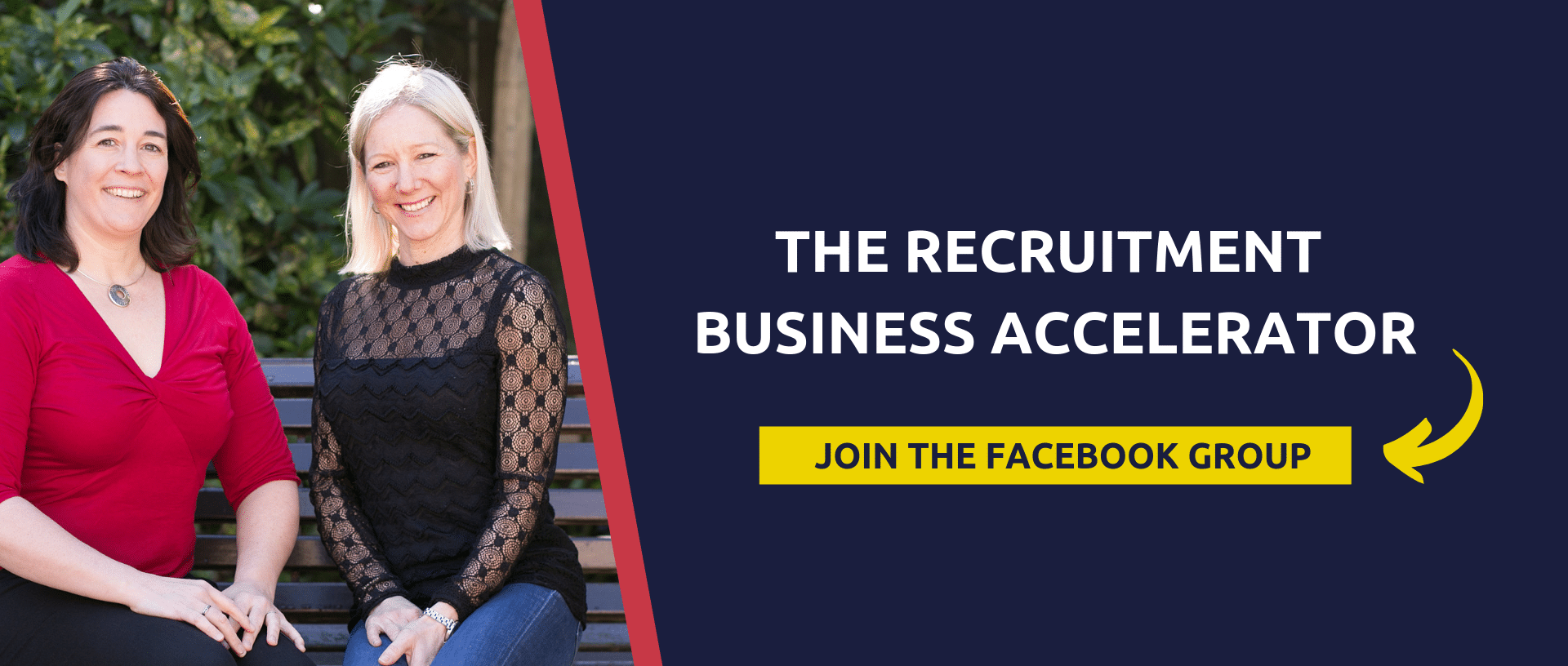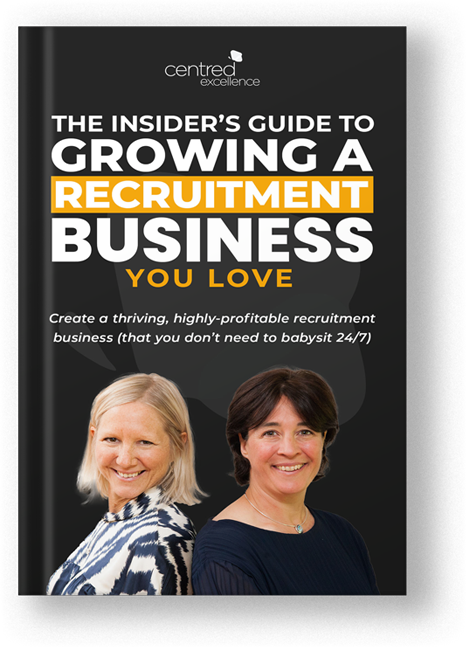Over the last few posts I have been sharing some of the key challenges recruitment companies face when it comes to accelerating the growth of their organisation.
Here is one that blew me away when I first came across it several years ago, it’s about being in and working within your flow zone..
What I mean by Flow Zone?
Flow zone, is the mental state of operation in which a person performing an activity is fully immersed in a feeling of energized focus, full involvement, and enjoyment in the process of the activity.
Flow is characterised by complete absorption in what one does, doing activities that they have a superior skill in, which they are excellent at.
Not working in your FLOW Zone – is when you and your team are not working to your strengths or not working on what we call your Flow zone for at least 70% of your time.

For example – if you can image your team and specifically consultants in your team.
I bet there are some people that you can say are out and out hunters!
They love developing new business and relationships, they love networking and meeting people and are totally in their flow when speaking to clients and top level candidates.
………………..however they have no aptitude whatsoever when it comes to the more detailed things like:
- Following up
- Resourcing great candidates
- Setting up interviews
- Sending out mail shots to the data base
- Writing an advert
- Checking compliance is correct
- Putting the details of candidates and clients on the system
You may also have people in your team that are brilliant and thrive on developing existing relationships and are great with customer care – but hate speaking to brand new clients or candidates or who shy away from business development, claiming they are too busy filling the roles that they have.
And you may have people in your business who love detail – who really enjoy putting information onto the database, doing detailed Boolean searches, or admin or compliance – but really don’t enjoy the whole customer piece.
The reason why?
Well the reason behind this is that everyone has different areas of strength and the more that you can make sure that people are working in Flow with their natural talent, the higher the performance you will get.
As you wouldn’t have your goal keeper out front scoring the goals – you wouldn’t have someone that hates business development spending all day thrashing the phones… not only would they not be good at it; it’s likely that after some time they would say this is not for me and then leave; which would be a crying shame as it’s likely they are a hard grafter who wants to contribute to your business.
A counter example of this is when you get someone who is great at developing existing business, but who is petrified of new business development and you make them cold call.
Either they will procrastinate and not do it, or do a bit, or cry and not do it at all… either way, it’s a lose lose for both parties; underperforming consultant and frustrated boss!!
Why is it important to understand this concept?
When you fully understand the impact of the flow concept everything will change for the better.
You, Your Team, Your Business, Your Time, Your stress levels, Your Customers Experience, Your Income, Your Happiness.
You go from having a business that saps all your energy and effort to a business that thrives effortlessly; yes, that is possible.
What are the ramifications of not working in your FLOW Zone?
When you’ve got, people working out of the Flow Zone – these are the things you and you team will experience:
- Chronic under performance
- Inconsistent billings
- Overwhelm and frustration
- Demotivation
- Procrastination on tasks they don’t want to do.
- Increased sick days
- Good people leaving from burnout, lack of mojo or focus.
- Clients and candidates that haven’t been properly serviced going to another agency.
- Feast and famine months
- Cash flow issues

Now here is the good part
When you have, people working in their flow zone 70% of the time, you and your team will experience the following:
- Productivity goes through the roof.
- Targets being achieved more consistently and effortlessly.
- Less stress and burnout – better staff retention.
- Higher performing individuals and teams
- You’ll have a happier team, happier clients, happier candidates = Happy YOU!
- Under performance, stress and sickness will disappear or at least reduce significantly
Which environment would you want to create? How much easier would it be to attract great people to your business, how much easier would it be to retain good people? What would happen to your bottom line profit? [Hint: Everything will improve.]
Next steps
So how can you make this happen?
1. Get conscious about where and what you’re spending your time on, what specific activities and where you are most in flow.
For 3 days, make a list of everything that you do and after 3 days review that list and then work out what you’re doing where you are totally in flow and what you are doing that you are excellent at.
Then look at the activities that you are carrying out that frustrate you, you’re rubbish at, or that you could hire someone on a lower pound per hour rate to do the work.
Then delegate, stop doing or outsource 70% of your to do list. BTW, you may need to hire that PA for yourself, outsource the finance or invest in finding a good manager who can drive and motivate your team., to complete the flow cycle.
2. Work out your hourly rate.
Here’s a question to ask yourself:
If you were just to focus 70% of time in the areas that you are excellent in what do you think you could generate for the business?
It may be that you are brilliant at opening doors with key clients, or finding great people for your team, or training your staff to be higher performers. Imagine then if you were to focus 70% of your time doing that one activity what would you be able to generate a year?
For e.g. if you were to find 3 extra people for your business that could bill £200k per year, that would be £600k ROI. Or if you were to bring in one key client that could be worth an extra £500k GP and if you were doing this 70% of your time, you may be able to bring in 5 over the year.
Then work out your hourly rate by simply dividing that figure between 52 weeks, divide by 5 days and divide then by 8 hours a day to give you your hourly rate.
Then anything on your activity list that you could delegate or outsource to someone at a lesser £ per hour rate, then you need to do it…

3. Work out where your team are most in flow.
Get a piece of paper and write down each member of your team. Then think about what they are excellent at. I would also get them to make a list of the things they love doing and the things they hate doing.
Remember we are not promising to take everything off their task list – 30% of the time can be spent out of flow – however if you’ve got someone who loves BD and hates resourcing and someone who loves resourcing and account management and hates BD – if you were to pair them up you could have a team that worked to their strengths and would achieve more together than they would if they were on their own.
Does this really work Nicky?
Yes, it does and every time. We have some amazing case studies from clients who have taken the ‘flow principle’ to heart. If you want to find out more then get in contact here and let’s have a conversation.
High performing consultants are the lifeblood of any successful recruitment organisation. The challenge starts when your recruiters underperform. There is a solution and I cover it in-depth in my latest ebook; How to Convert Your under Performers to Consistent Billers in 14 Days or less. You can download it here.








